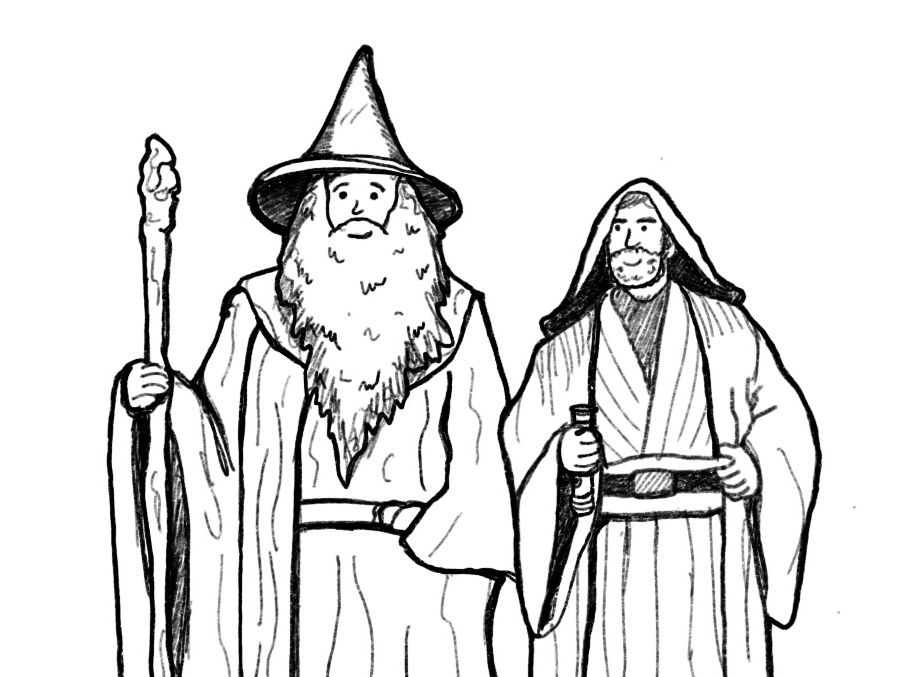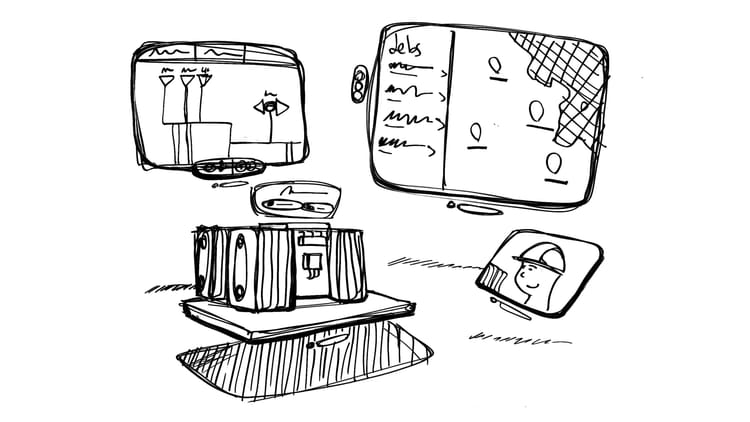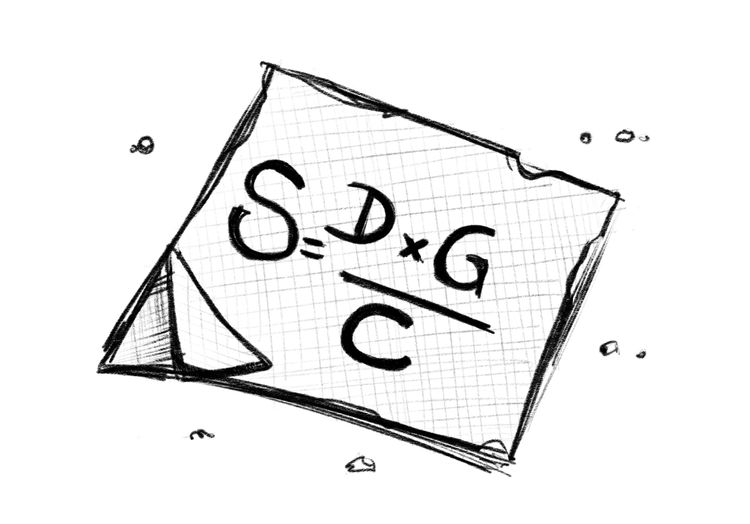You are not the hero in this story

For the past few years I have been working as a consultant in the digital technology space. A big part of my style has been heavily influenced by the craft of storytelling.
Storytelling is the oldest means of communication. For centuries humans have told stories to share knowledge and experiences. It is very effective because it resonates with our most instinctive ways of learning and remembering. There are frameworks that underpin almost every story ever told and, at a high level, they look something like this:
- A hero has a problem.
- This problem is usually embodied by a villain.
- The hero meets a guide who empowers them with wisdom, a plan and a call to action.
- The hero embarks on a transformative journey that can either end in failure or success.
- And of course, there is always something at stake.
Luke meets Obi-wan, who shows him the ways of the force as a means to face Darth Vader. Frodo meets Gandalf, who gives him the one ring and a plan to defeat Sauron. Almost every story you know will follow a version of this framework, and by tapping into those frameworks you can find tools to help people align behind a vision or set of common goals.
This alignment bit is particularly important for the role of a consultant in tech. It is not only about getting things done. Some of the most valuable aspects of the work that you do is bring people together working towards the same outcomes. And to be successful at this it is important that you, as a consultant, understand your role in each story you are part of.
When you engage with a team you need to remember that it is not your story you are there to tell, it is theirs. Don’t focus your narrative on how you will deliver x or y, or how your contribution will produce this or that outcome. The narratives in that space have been there long before you joined, and will continue to be there after you leave. You are not the hero in this story, but you can be their guide.
Your years of experience, helping others in similar or different industries, your particular knowledge of a problem space, or whatever skill set has positioned you to be there helping them, is your superpower to be their guide and help them overcome their challenges. A great guide will demonstrate empathy (you’ve seen this before) and authority (you’ve done this before). If you position yourself as a guide, and empower people to be the heroes in their stories, you will unlock an honest and humble approach to consulting. This will most likely put you in a better position to help teams align behind common goals and deliver the expected outcomes.


